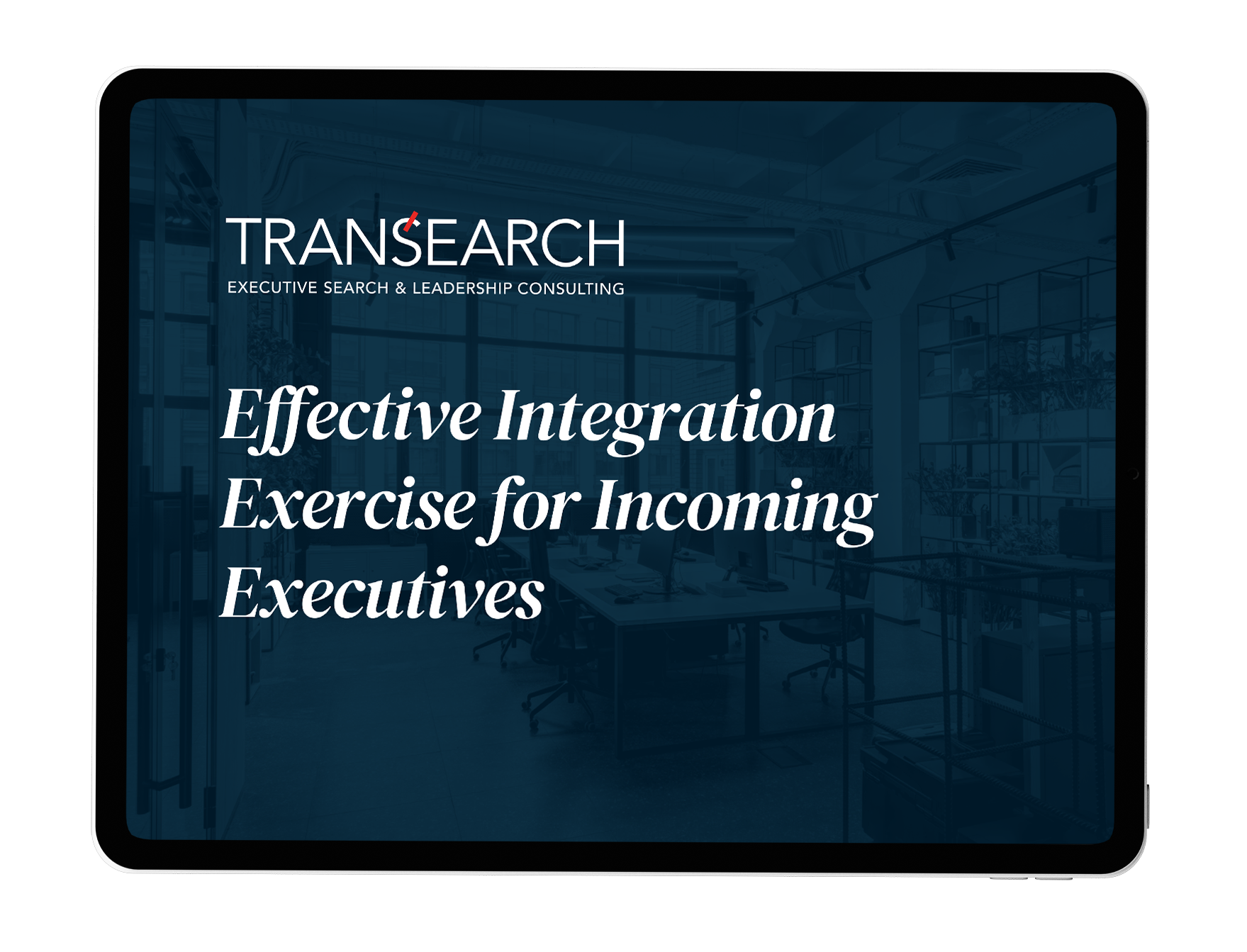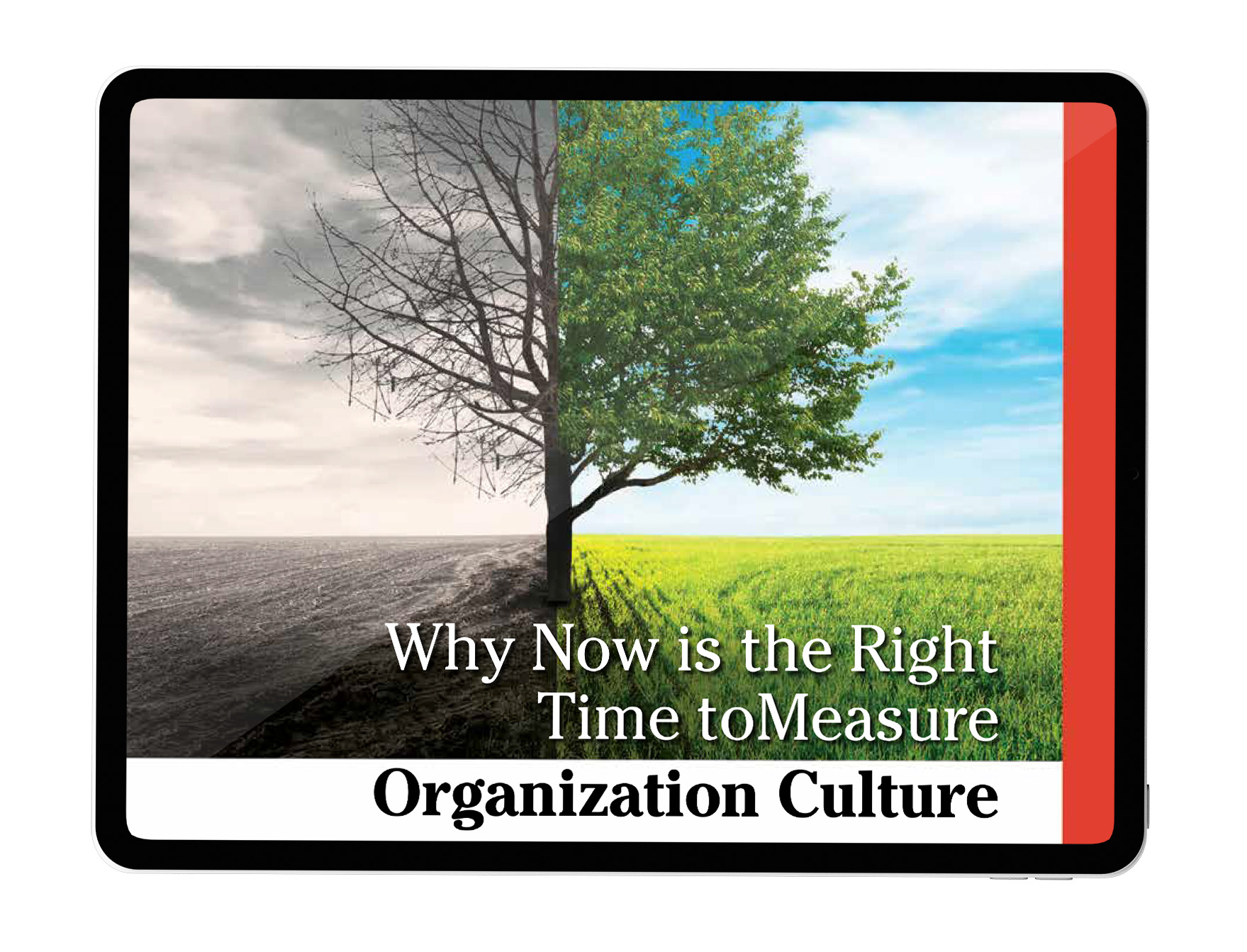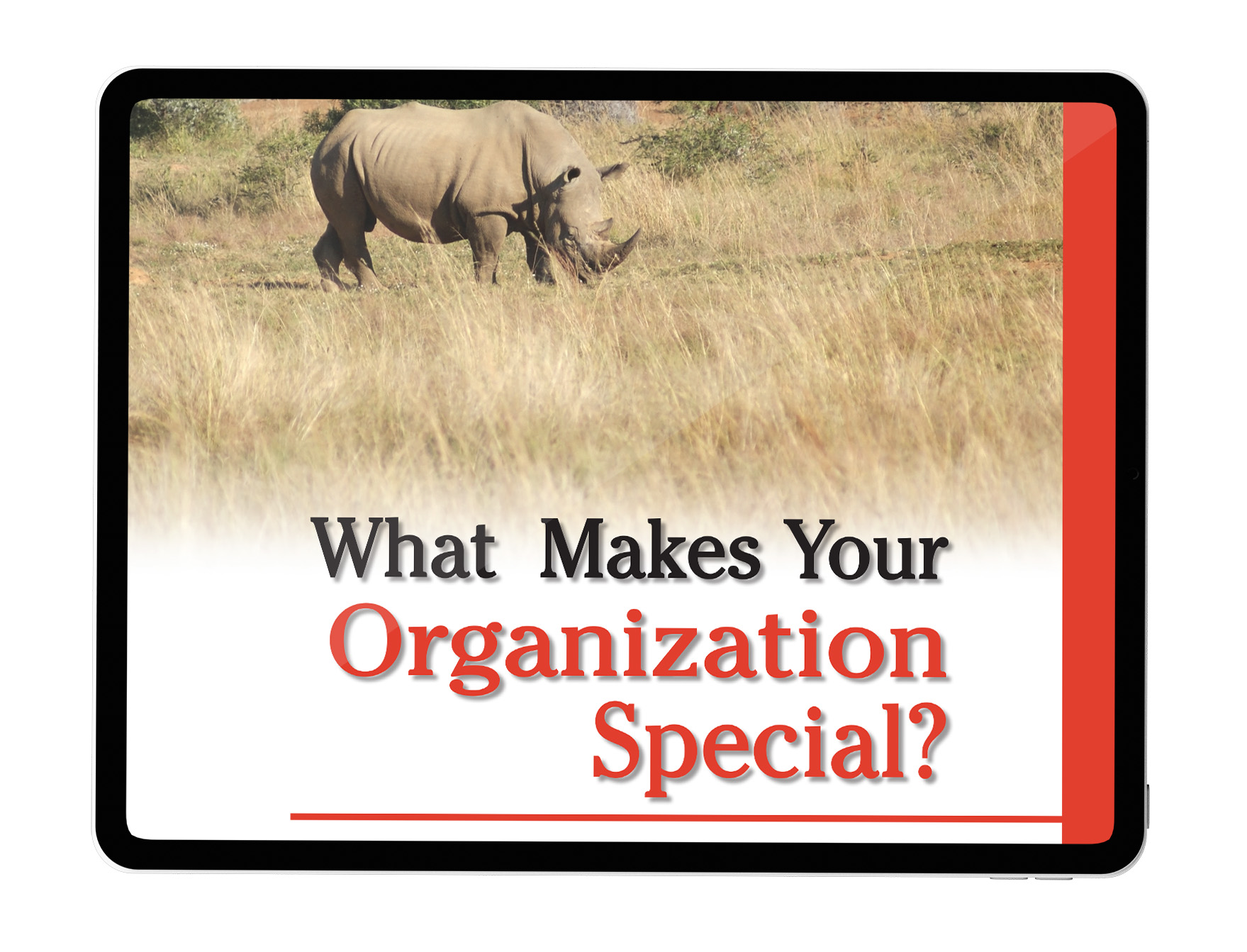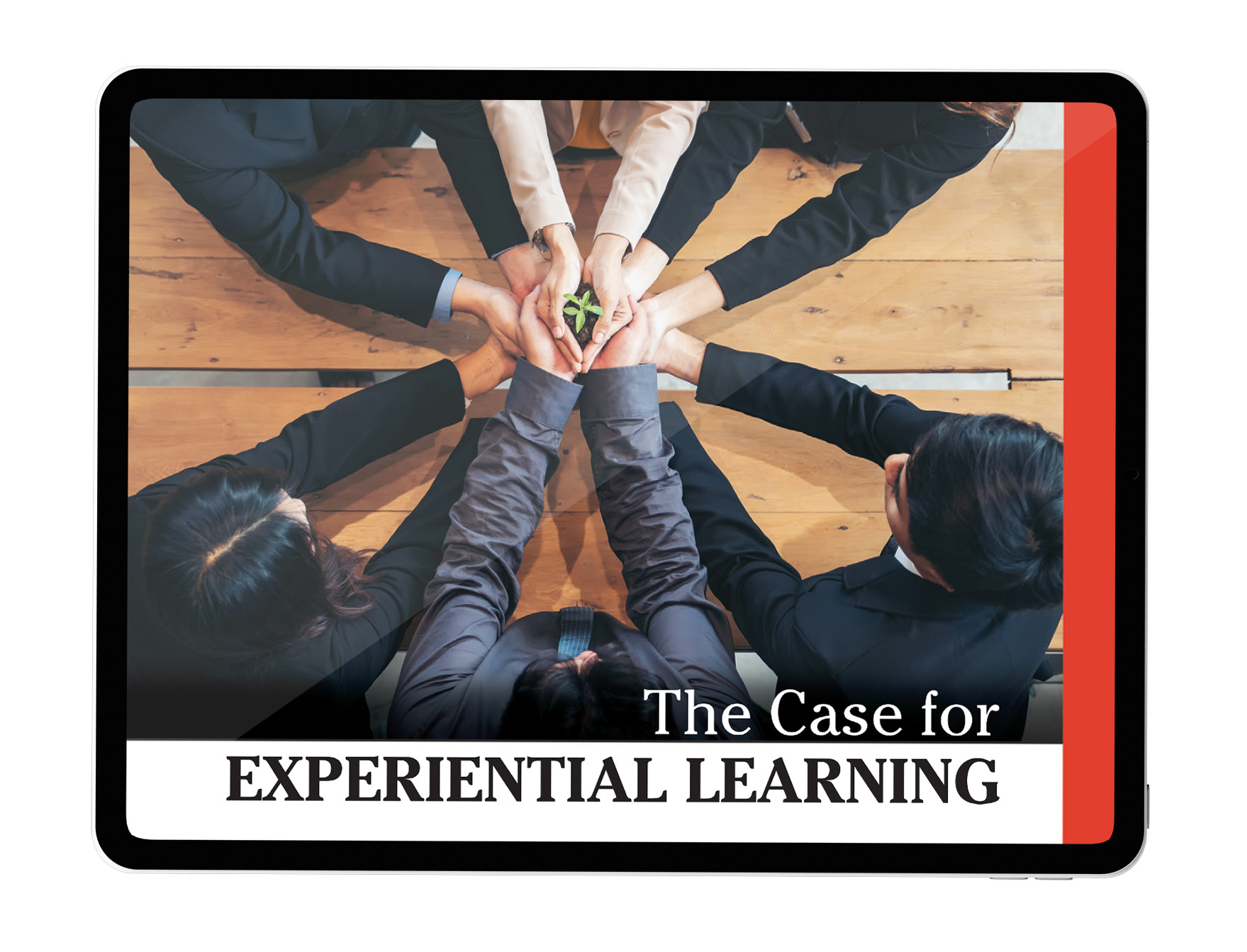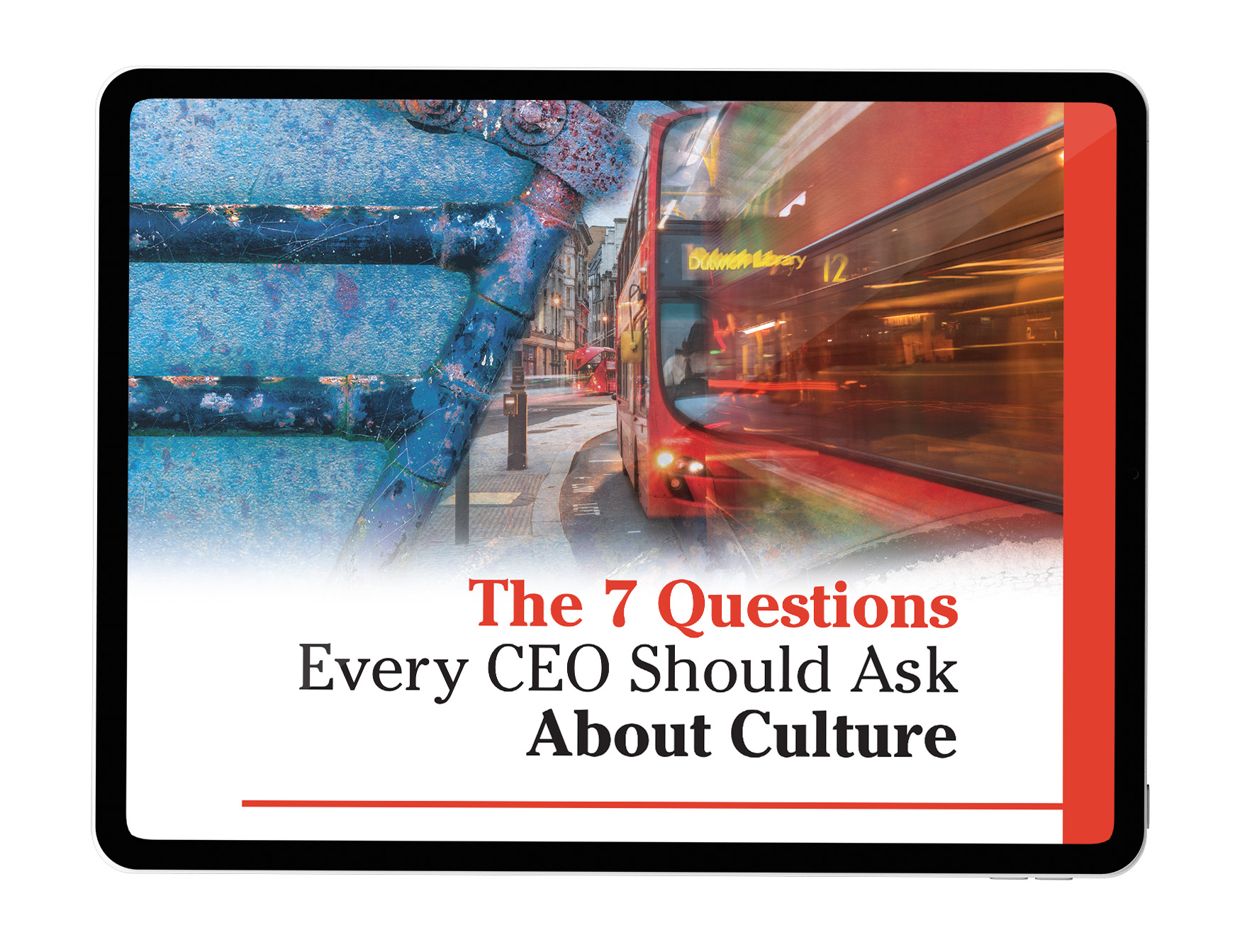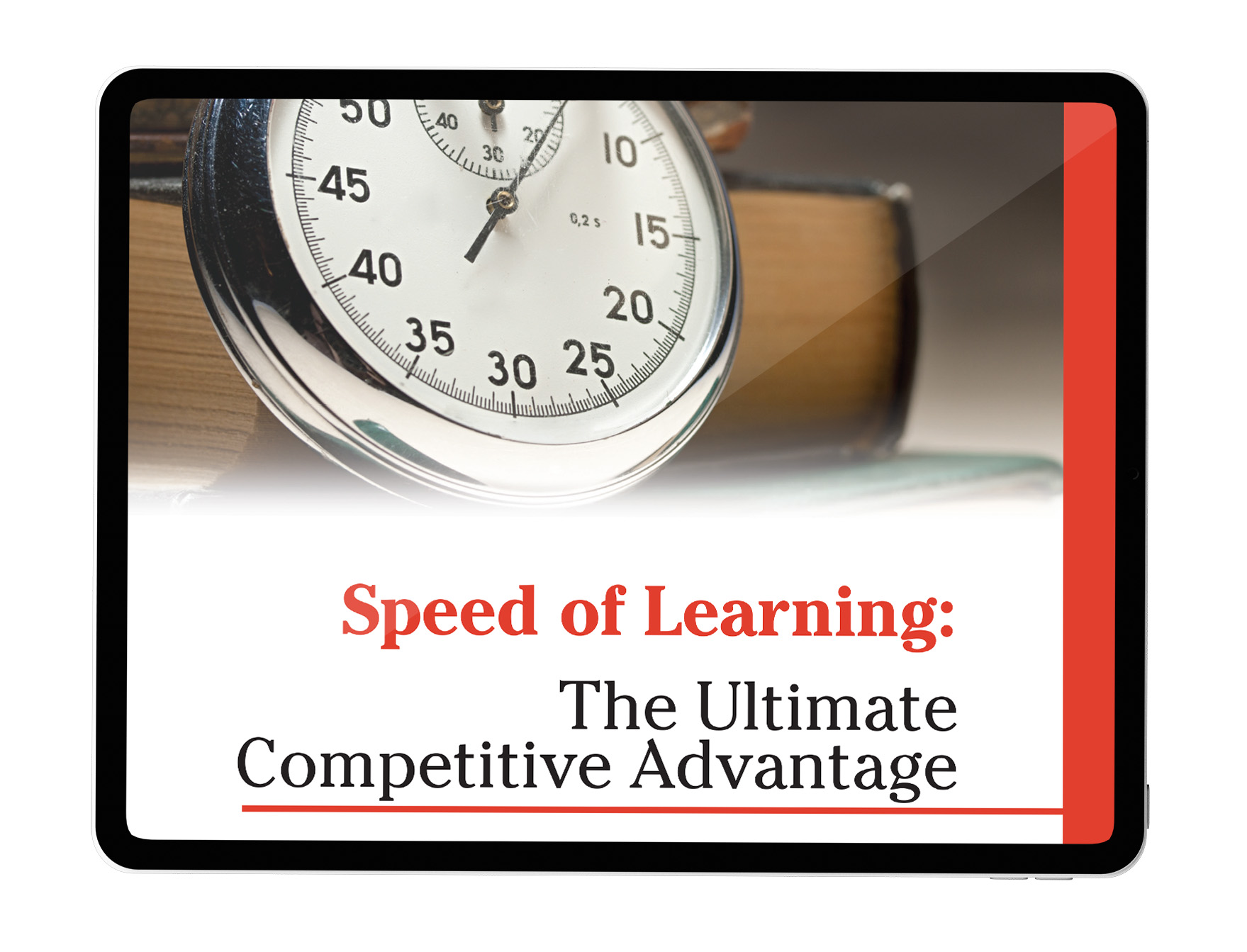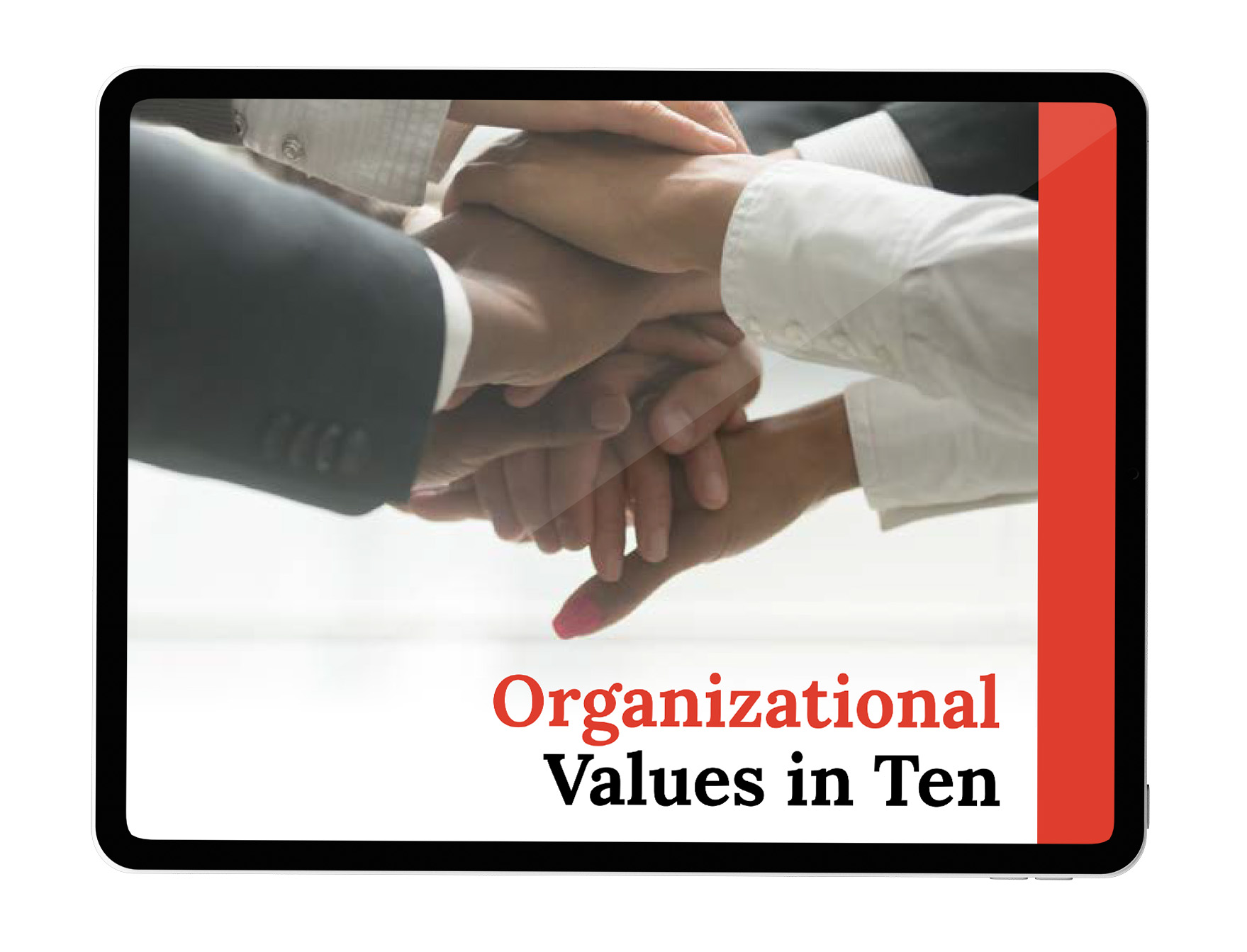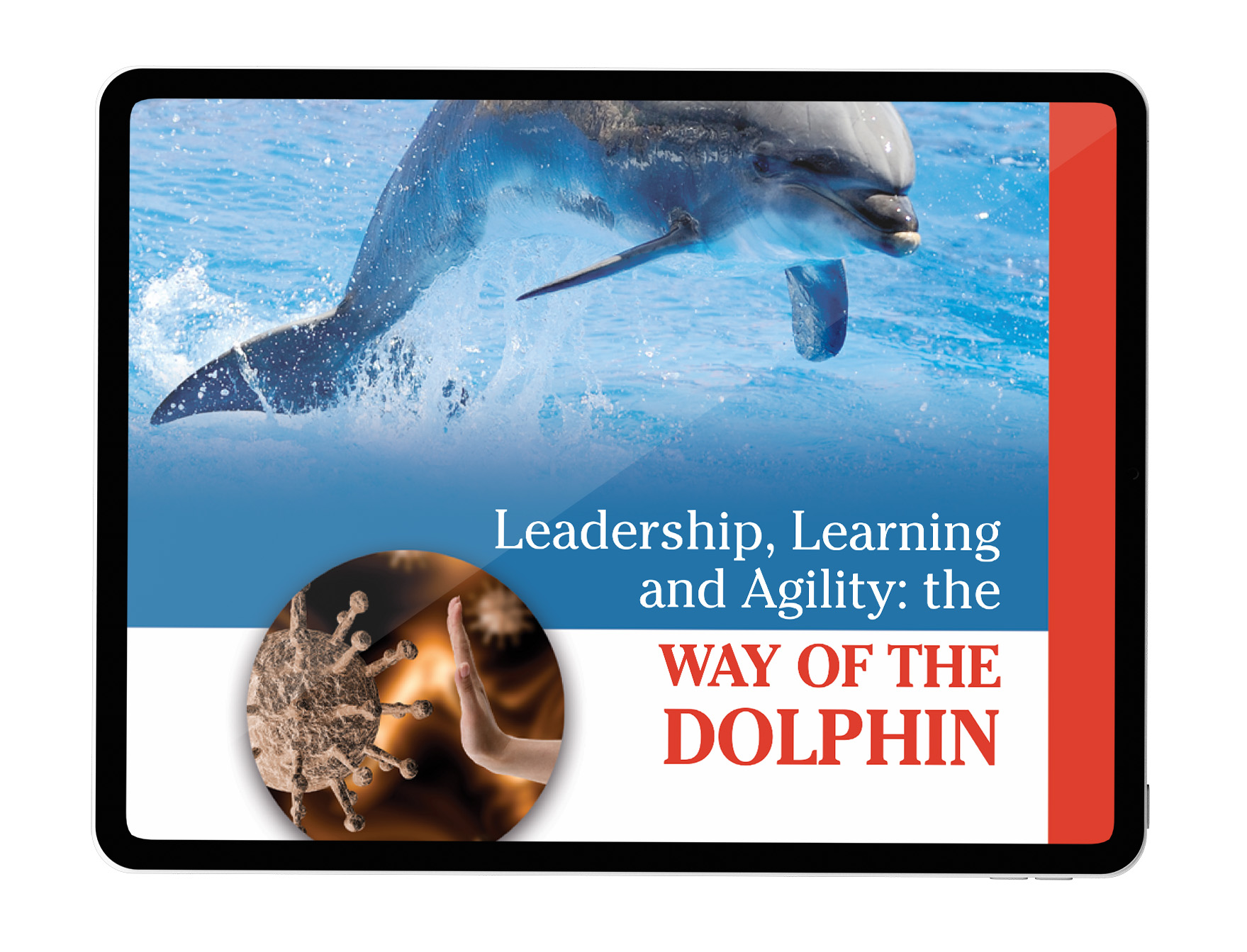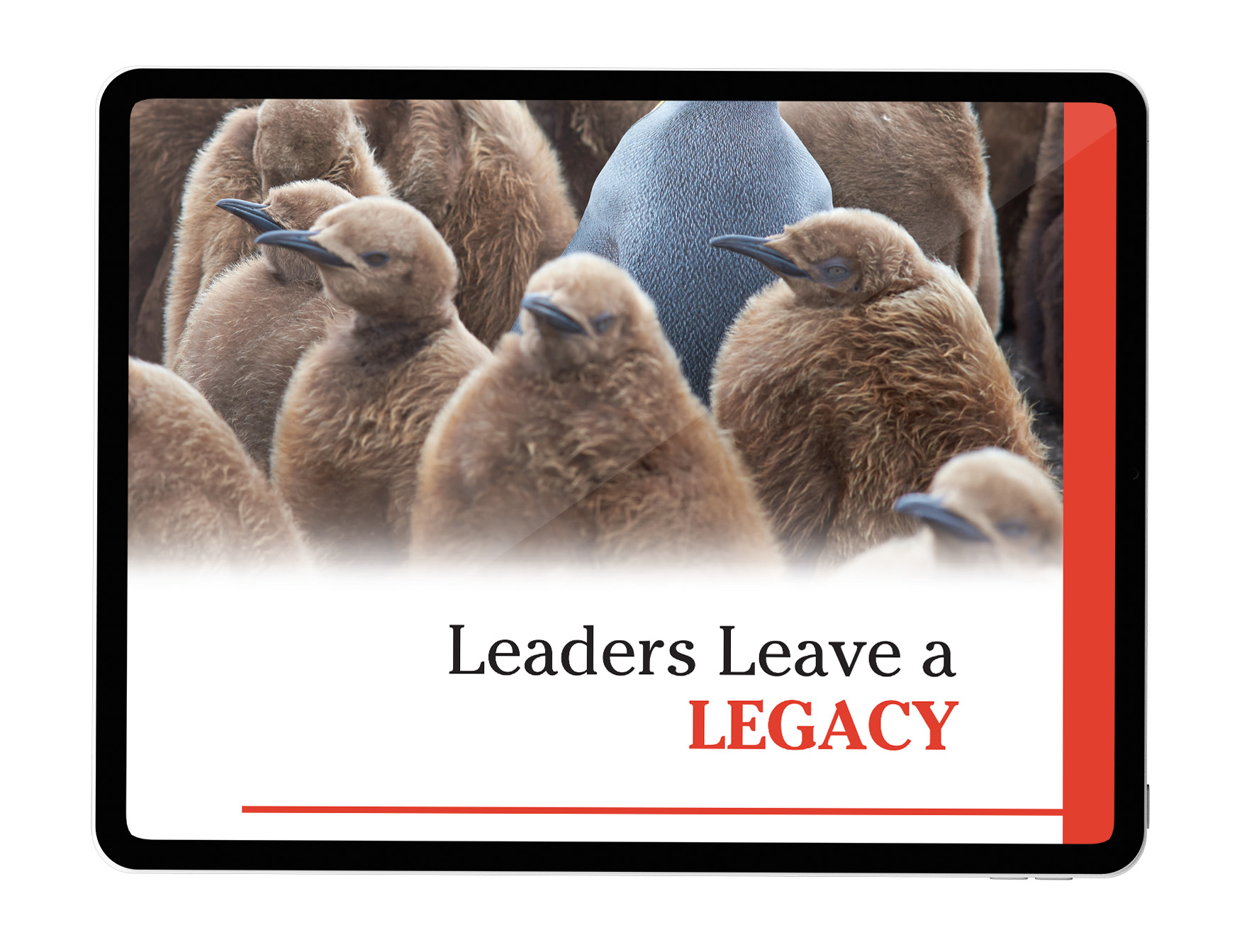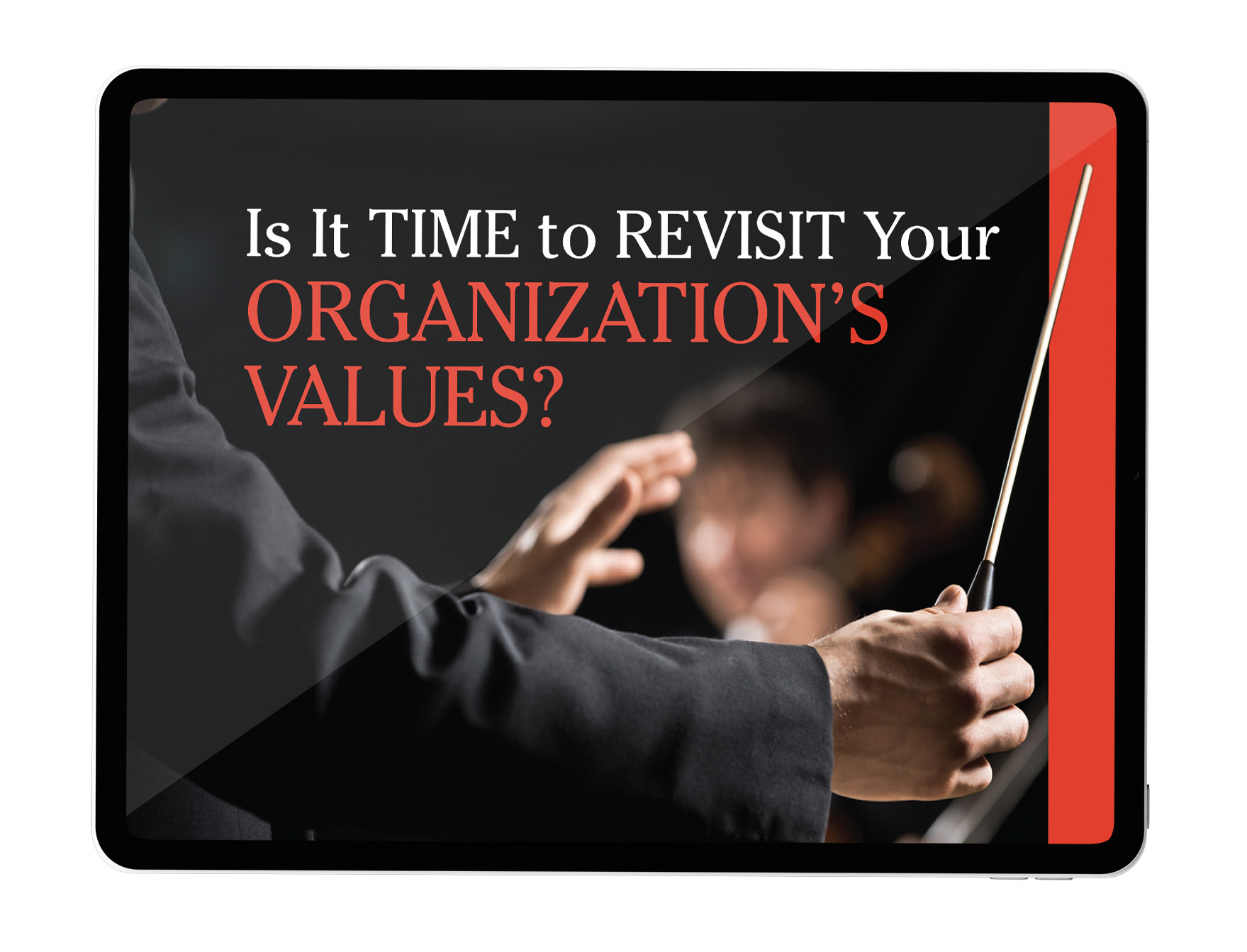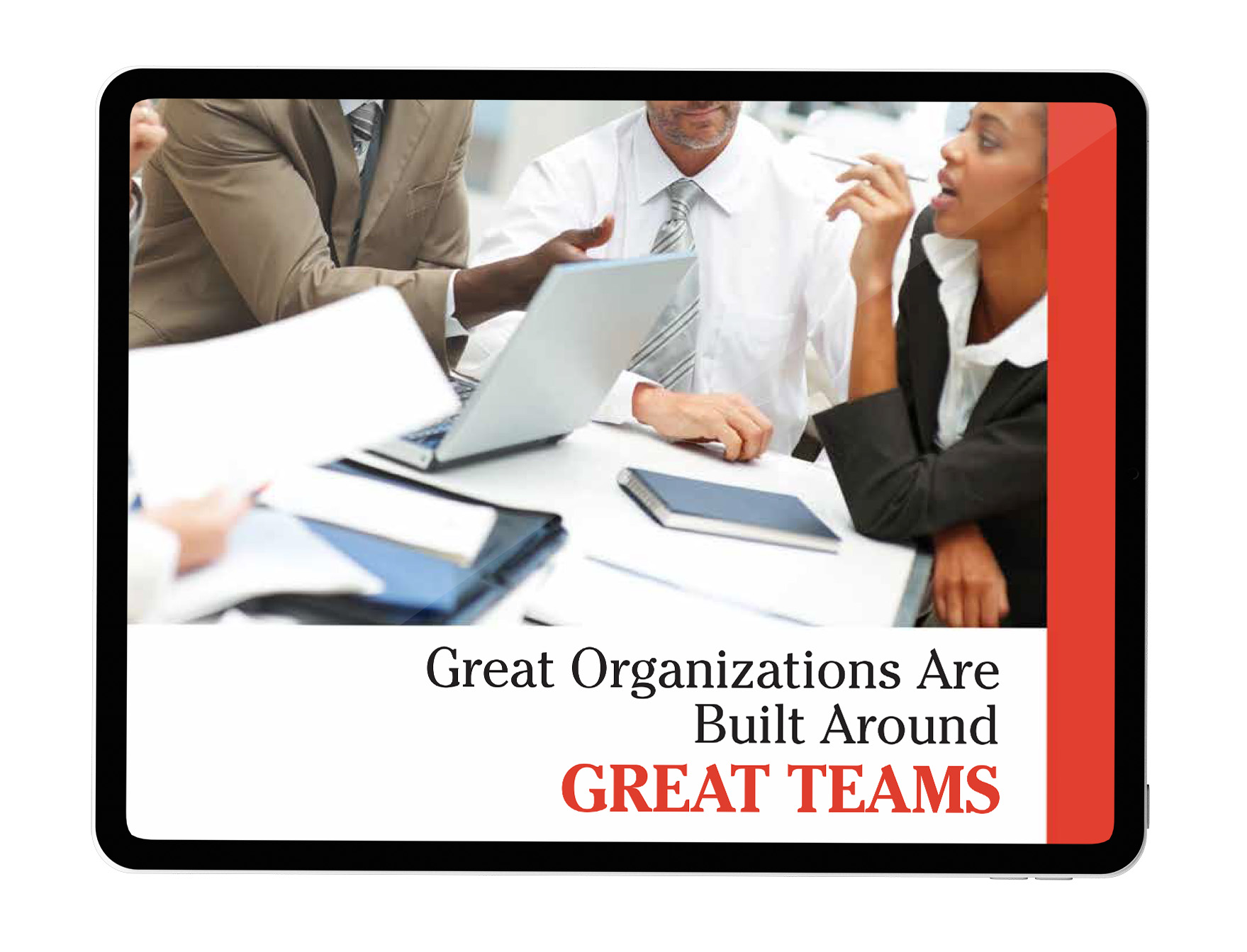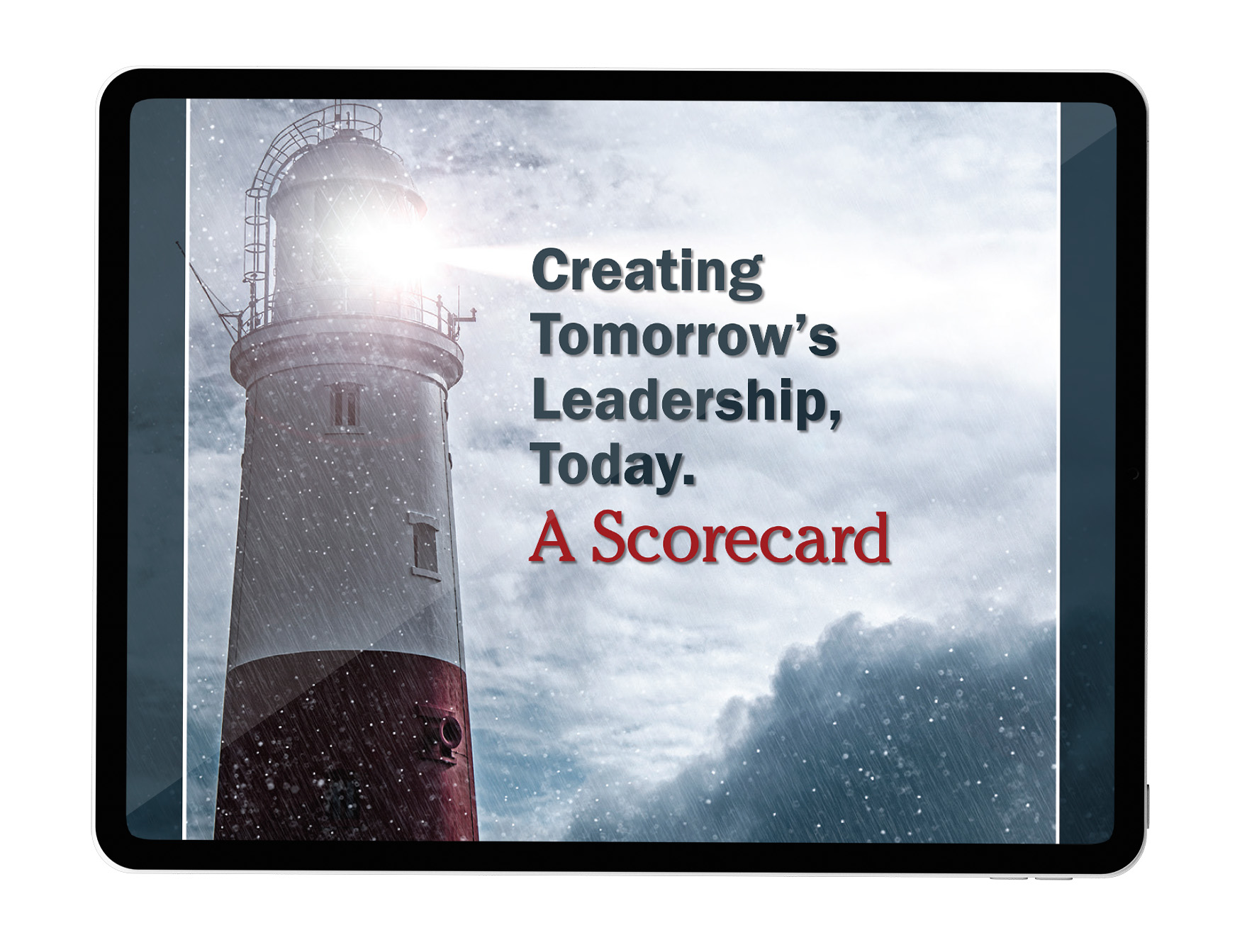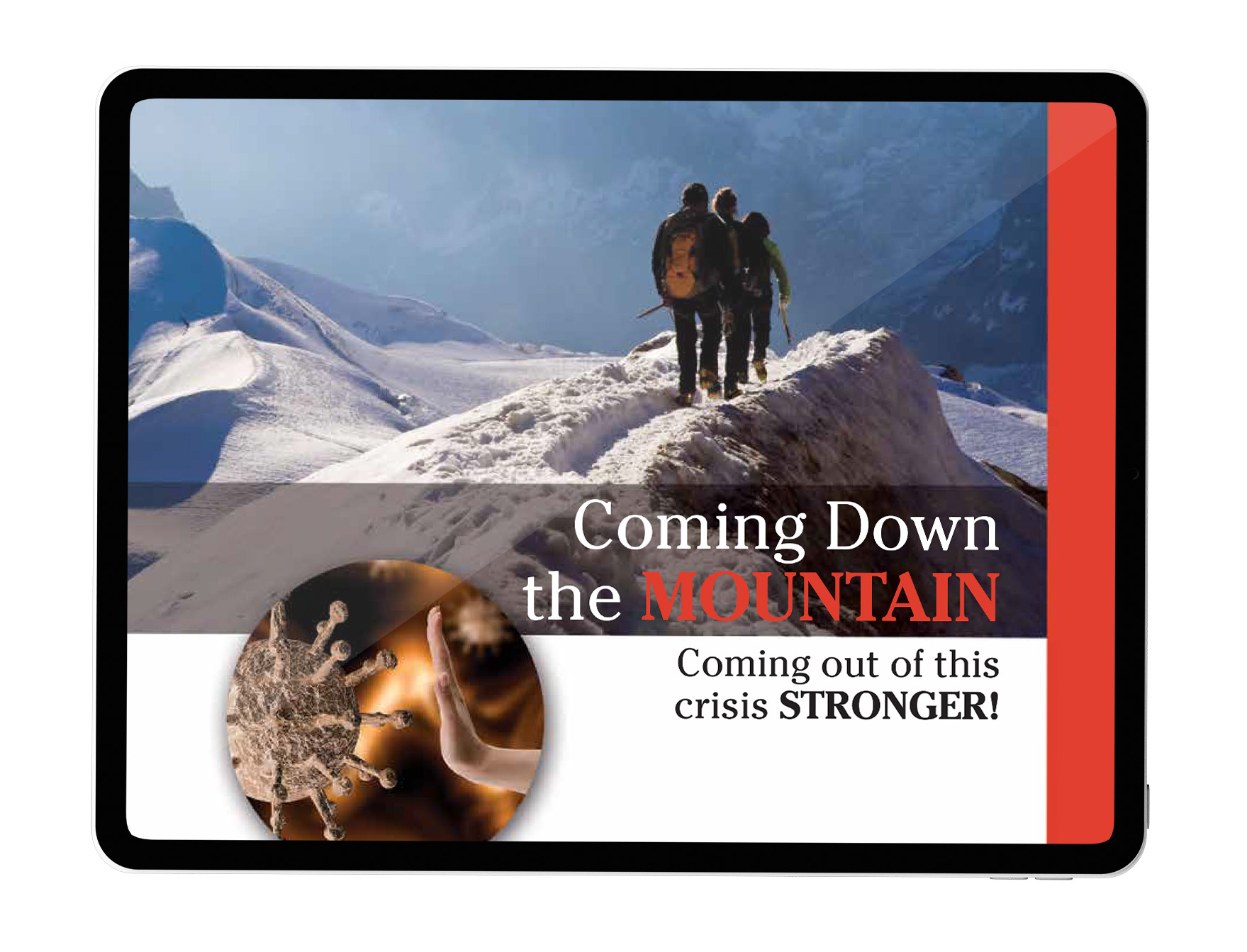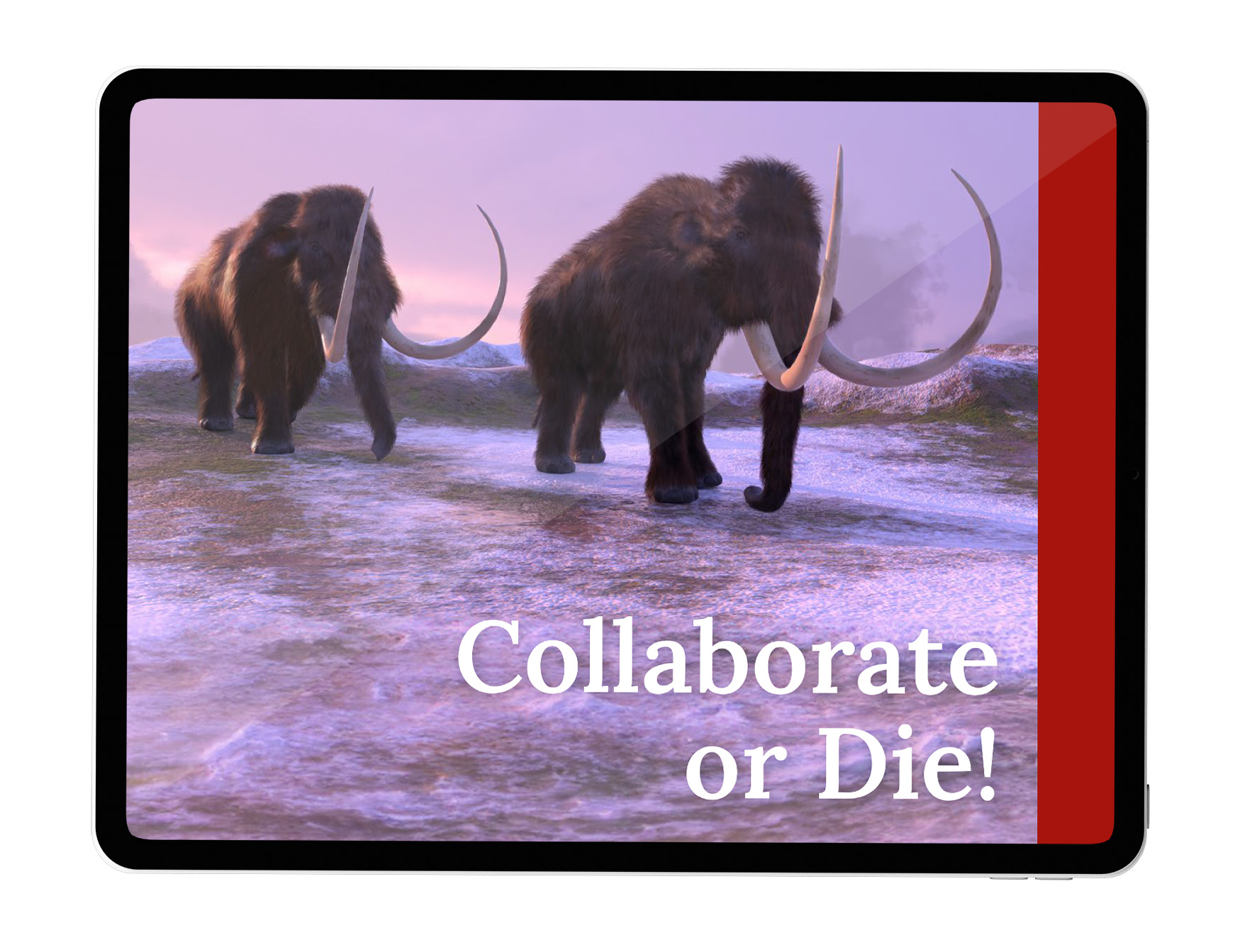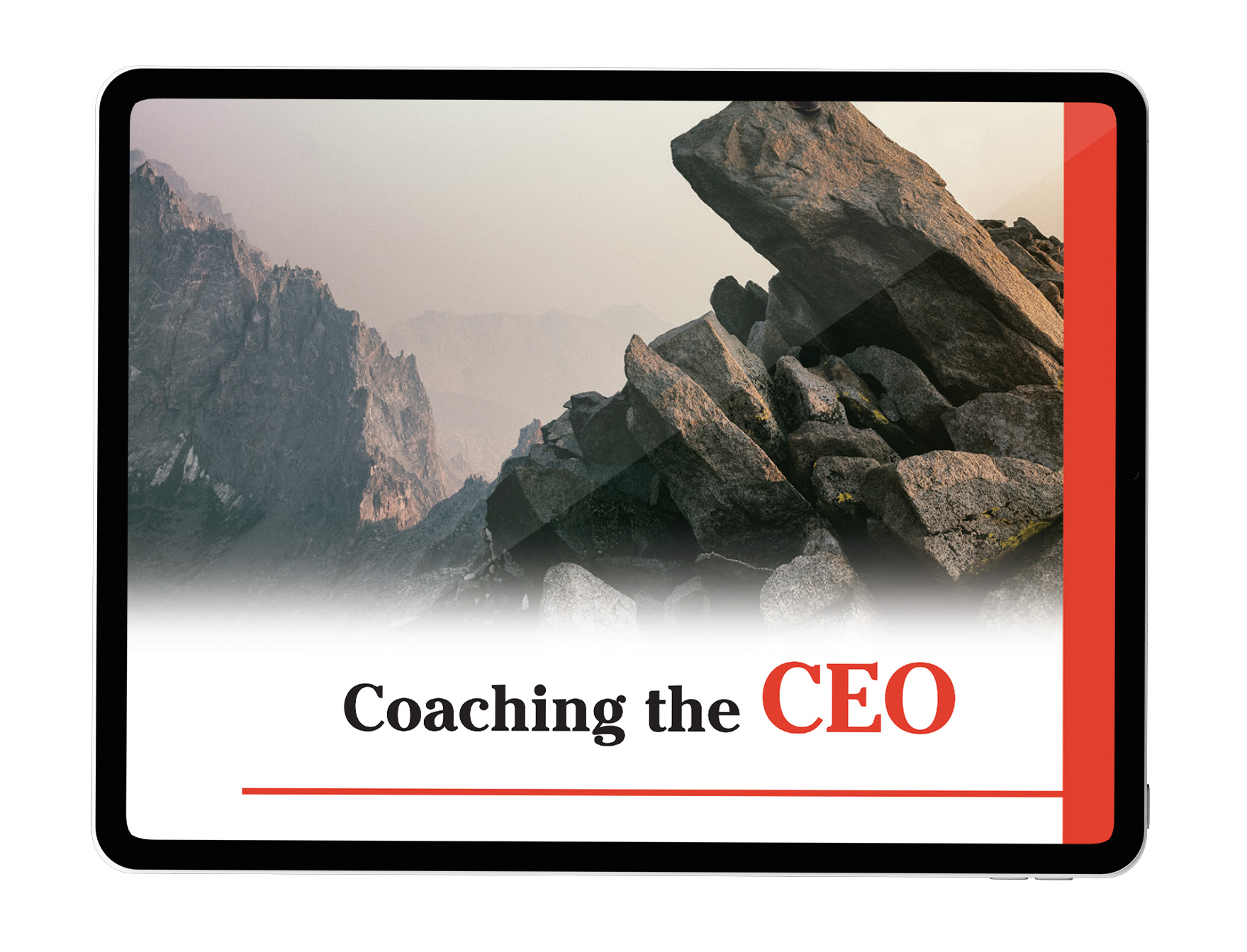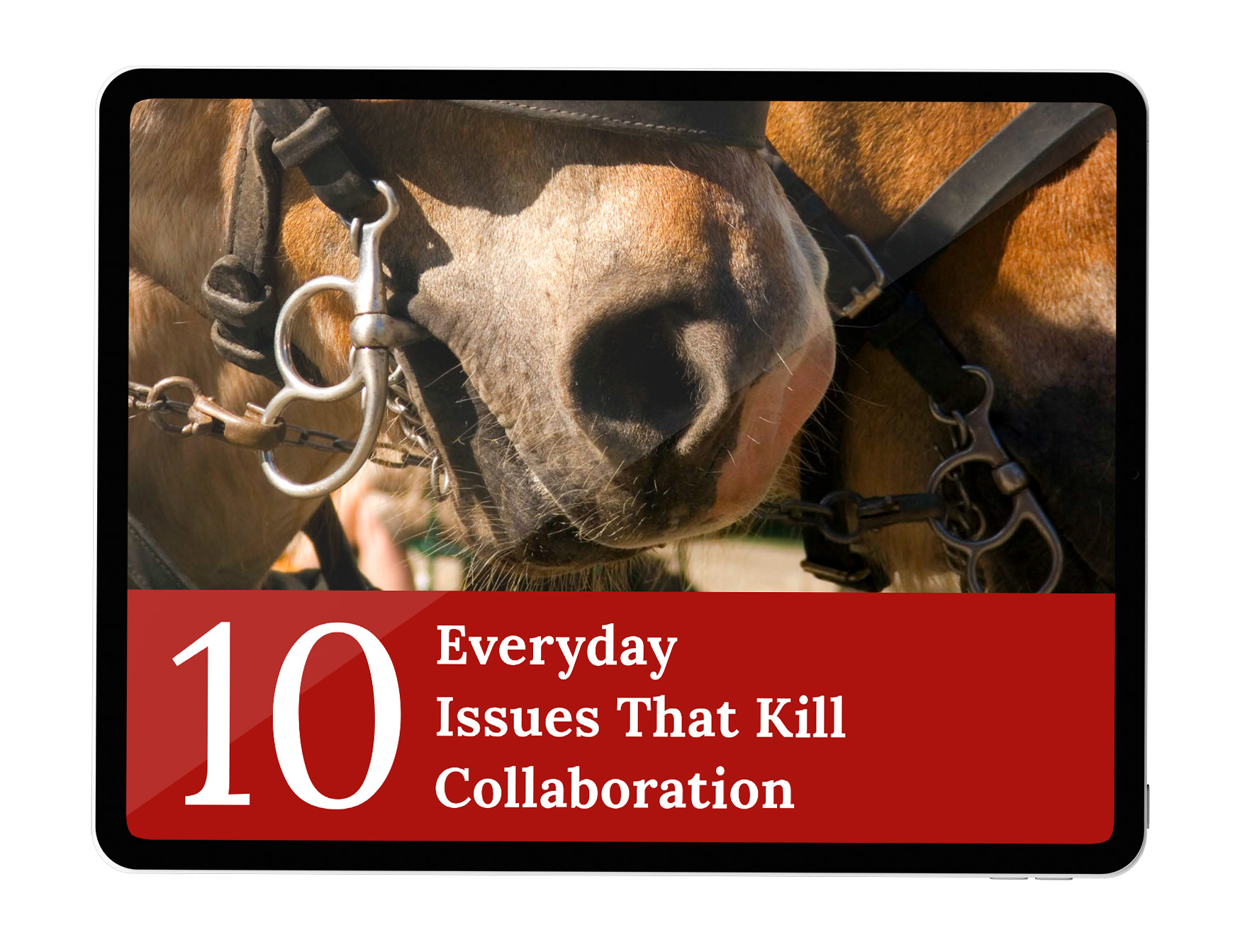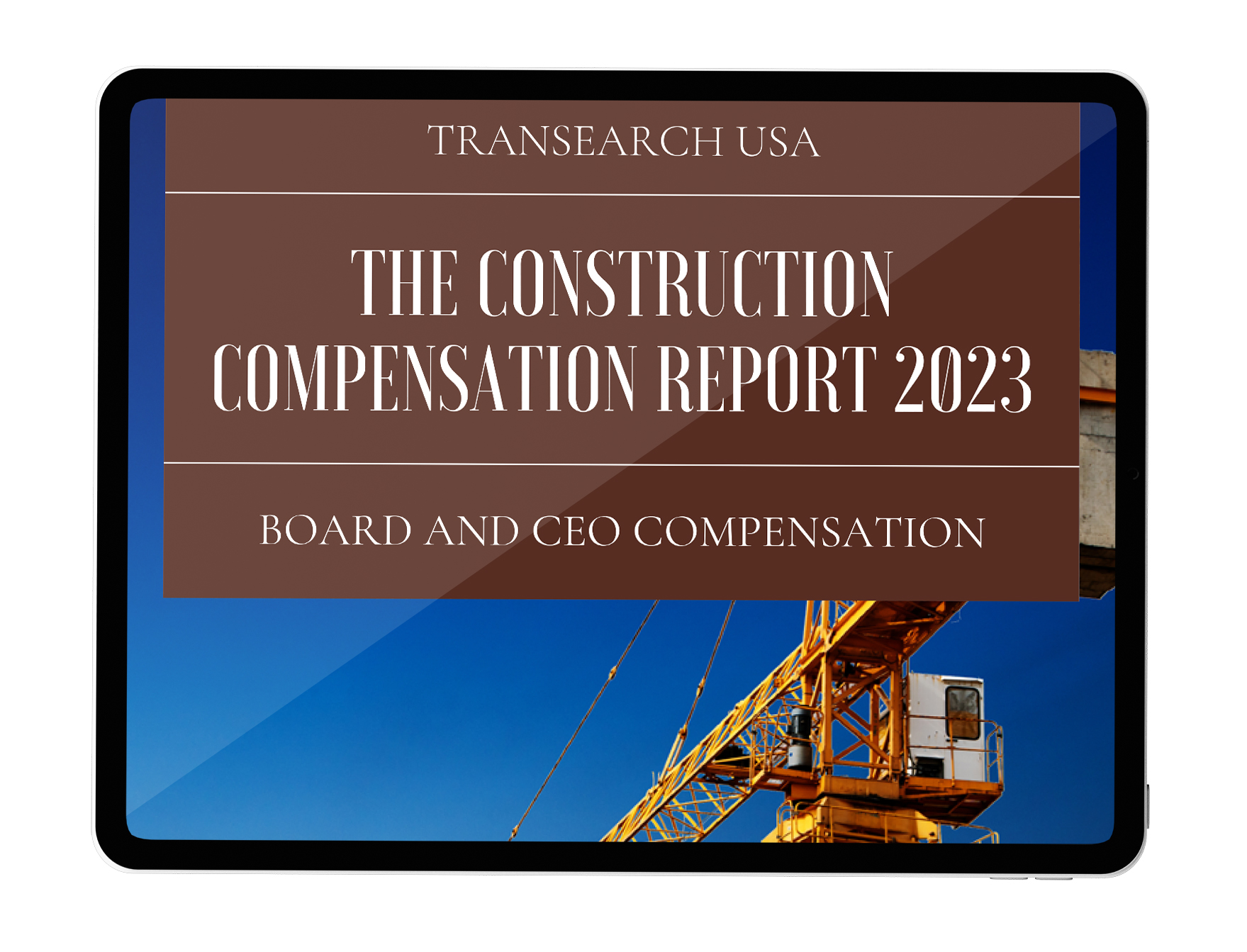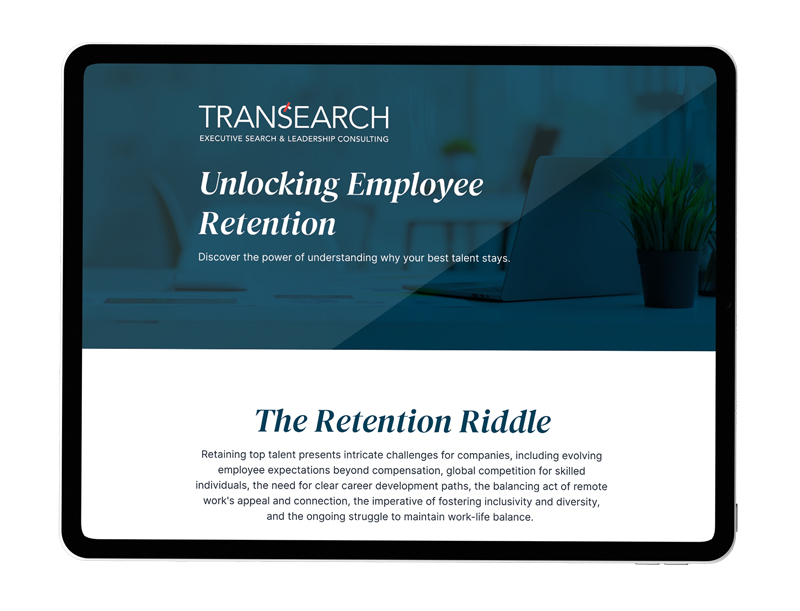The virtual economy is booming. Technology has made it easier than ever for people to work from anywhere in the world, and businesses are starting to take notice. A recent study found that 43 percent of American workers now spend at least some time working remotely, and that number will only continue to grow. If you’re looking for ways to make the most of this growing trend, check out these five tips!
Global Pool of Talent Means Greater Productivity & Profitability
One of the most significant advantages of the virtual economy is that businesses have access to a global talent pool. No longer are you limited to hiring people who live in your city or even your country. With the internet, you can connect with talented workers from all over the world.
Indeed, by hiring the best people wherever they live, companies stand to gain substantial increases in productivity, skills, and compensation rates. Organizations that capitalize on the full value of a worldwide talent pool have the opportunity for exponential creativity, diversity, and efficiency growth, which will translate into expansion and increased profits.
As HR thought leader John Sullivan noted, “the vast majority of talent remains dispersed around the world.” Today and into the future, the global talent pool you and executive recruiters like myself can access is unprecedented. Firms like TRANSEARCH know how to find the best talent for your specific needs and help you make the most of this new way of working.
Brick and Mortar No More
The COVID-19 pandemic has been a significant catalyst for the growth of the virtual economy. With so many people working remotely, traditional office space is no longer needed. Companies are realizing they can save a lot of money by ditching their brick-and-mortar locations entirely.
As global futurist Jack Uldrich remarked, “the future does not belong to a place.” Even before the pandemic, surveys repeatedly showed 80% of employees wanted to work from home at least some of the time. Today, over a third would take a pay cut in exchange for the option, according to Kate Lister, president of Global Workplace Analytics.
Some companies are already eliminating their headquarters, realizing they no longer need a physical location. Enhanced video collaboration tools are making this possible, and as these technologies accelerate, the trend will expand. Likewise, the 9-5 workday seems old-fashioned and unrealistically restrictive. Remarkably, all this change represents just the first generation of remote work. It will continue to evolve and become less rooted in geography as ‘place’ ceases to matter as much. The new model is lean, flexible, and decentralized.
Virtual-Savvy Leaders Must be Agile, Engaged, and Empathic
What kind of leaders will thrive in the emerging virtual world? The fundamental key for these leaders is seamless integration with their virtual teams. They must engage quickly and empathize with team members they’ve never met. And they need to do it all without sacrificing the personal touch that’s so important for building trust. According to executive coach Todd Dewett, “the most successful remote leaders treat their virtual employees like normal human beings.” They focus on things like communication, relationships, and outcomes.
The best virtual leaders are also highly agile. They’re comfortable with change and can adapt on the fly. As leadership expert Marshall Goldsmith noted, “the first step in leading virtually is acknowledging that the future is always uncertain.” Leaders must embrace this uncertainty and be open to new ideas and ways of doing things.
TRANSEARCH focuses on finding culture-builders who are comfortable managing remote professionals. Innovators who find ways to link people and create certainty in uncertain times. The winning leaders of the future will be empathic, engaged with their teams, and skilled at delivering impact on challenging problems. These dynamic leaders will set themselves apart with greater agility, emotional intelligence, and authentic communication.
Reaping the Benefits of a Diverse, Global Workforce
When you capitalize on the total value of a worldwide talent pool, you can grow exponentially in creativity, diversity, and efficiency. The future workforce is more diverse than ever. Companies can gain new perspectives and ideas by tapping into this global talent pool. A more diverse workforce can also help you avoid groupthink and make better decisions, translating into expansion and increased profits.
Find The Right Leaders
The pandemic has shown us that businesses need to be agile and adaptable to survive – which means that the executive search process is more important than ever. With so many companies shifting to remote work, finding leaders who are comfortable with and excel at managing virtual teams is crucial. Executive recruiters can help you identify these leaders and get them on board quickly, so you can start reaping the benefits of the virtual economy.
TRANSEARCH can help you find the right leaders for your business who will help you make the most of the new normal. You’ll be able to find leaders who are skilled at managing remote teams and have the agility to embrace change. By working with an executive search firm, you can take advantage of a global talent pool and reap the benefits of a diverse, global workforce.





















